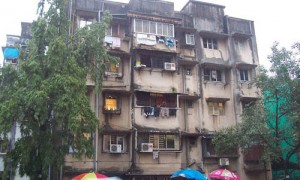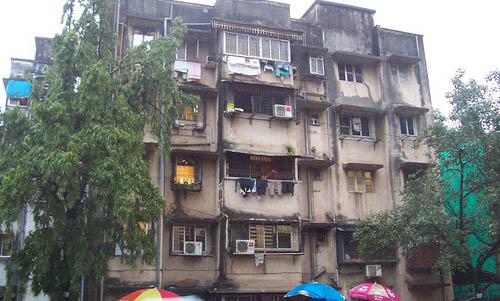 Track2Realty: India’s urban housing shortage is estimated at nearly 18.78mn households in 2012. By 2050, 900mn people will be added to Indian cities. The rapid pace of urbanization owing to the rural–urban migration is putting a strain on the urban infrastructure in these cities, indicates the KPMG – NAREDCO study on Real Estate and Construction industry, “Bridging the Urban Housing Shortage in India”.
Track2Realty: India’s urban housing shortage is estimated at nearly 18.78mn households in 2012. By 2050, 900mn people will be added to Indian cities. The rapid pace of urbanization owing to the rural–urban migration is putting a strain on the urban infrastructure in these cities, indicates the KPMG – NAREDCO study on Real Estate and Construction industry, “Bridging the Urban Housing Shortage in India”.
The report discusses at length, the rising trend of urbanization in India and the looming urban housing shortage. It further deliberates on the constraints faced by real estate developers in their bid to bridge the gap through affordable housing. Finally, the study dwells on the measures that can be taken by various stakeholders, which can make housing affordable for the urban masses in India.
India’s urban housing shortage is estimated at nearly 18.78mn households in 2012. Besides those living in obsolescent houses, 80 percent of these households are living in congested houses and require new houses.
The report also highlights that nearly one million households are living in ‘non-serviceable katcha houses’, while over half a million households are in homeless conditions.
KPMG highlights the unavailability of urban land as one of the key constraints for Real Estate developers. High population density in urban areas has triggered a huge demand for urban land. There is a growing need to revisit previously conceived government regulations, which have created an artificial land shortage and pushed up land prices in India. Without Government support, the limited availability of land in urban areas makes it unviable for developers to take up affordable housing projects.
Delay in approvals from multiple local authorities, rising construction costs, lack of skilled manpower, financing constraints for low-income groups, limited financing avenues for developers, the need to relook laws & building guidelines and disputable taxation regimes, are the other key constraints for Real Estate developers, says the KPMG – NAREDCO report.
The Government needs to ensure adequate availability of land for housing and infrastructure by computerization of land records, use of Geographical Information Systems, efficient dispute redressal mechanisms and implementation of master plans”.
“Also, providing incentives, which can reduce the construction cost for developers would not only make the project viable for developers, but also make it affordable for the buyers”, he added.
Developers should leverage on innovative and low-cost technologies such as pre-fabrication, which can be used to construct affordable houses quickly and cost–effectively, suggests the report.
The Government should subsidize construction costs by providing exemption on taxes and duties on construction materials, providing subsidy to developers for R&D in new low-cost materials and technologies and by lowering the cost of borrowing for development of affordable housing projects.





